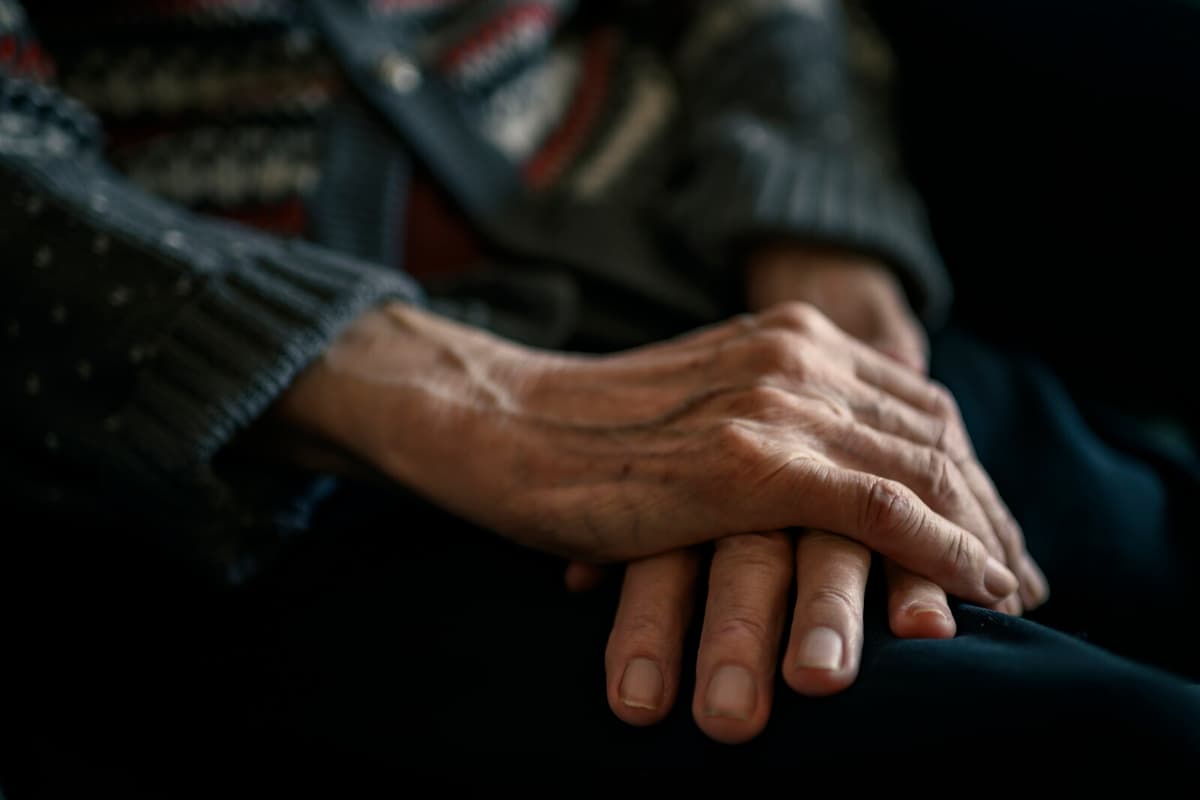In September 2013, a vaccination program for shingles targeting people in a certain age span was introduced in Wales. Researchers have now followed people who received the vaccine Zostavax and compared them with those who did not receive it. In total, it involves 280,000 people between 71 and 88 years old.
According to the study, published in the scientific journal Nature, those who were vaccinated had a 20 percent lower likelihood of developing dementia in the next seven years after vaccination compared to the unvaccinated. The protection was greater among women than among men, according to the study.
The link between shingles vaccine and reduced risk of dementia has been seen in previous studies, but it has been difficult to determine whether it is other differences between vaccinated and unvaccinated individuals that are behind it. For example, that those who get vaccinated often show a greater interest in other preventive care or have a lifestyle that also protects against dementia.
In the current study, the researchers argue that the only difference was that the elderly turned a certain age before or after a certain time point and therefore constituted a more random selection.
According to Dagens Medicin, a newer vaccine against shingles, Shingrix, is offered at a self-cost price of around 5,000 kronor for two doses at private vaccination centers, and Zostavax for around 1,650 kronor. In February, the NT Council, an expert group with a mandate to provide recommendations on new medicines to Sweden's regions, decided not to recommend widespread vaccination of the elderly with Shingrix.






